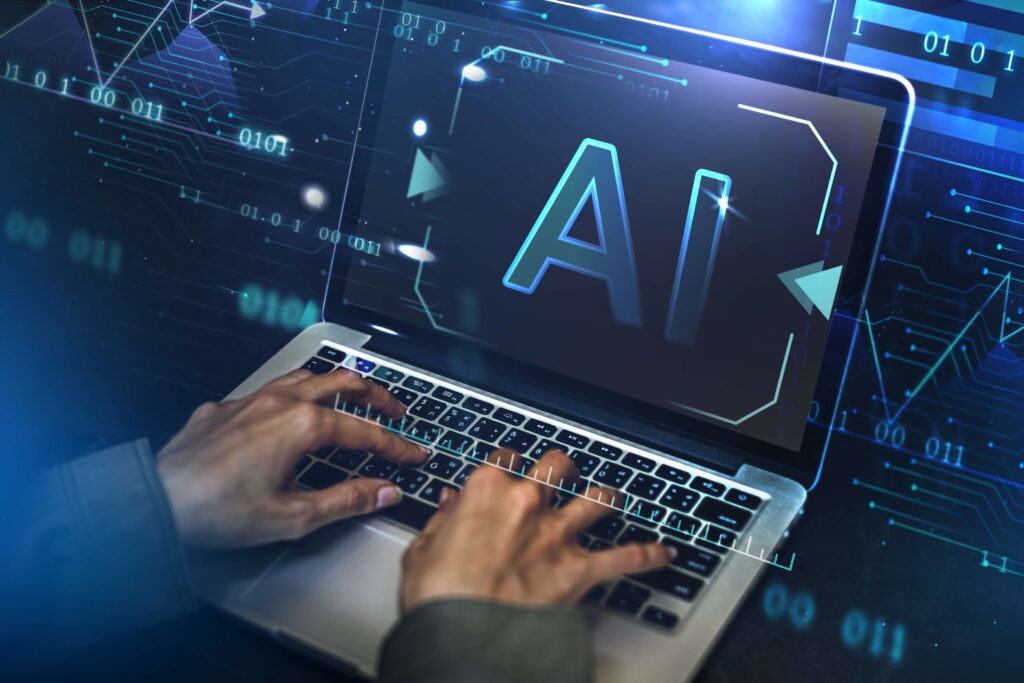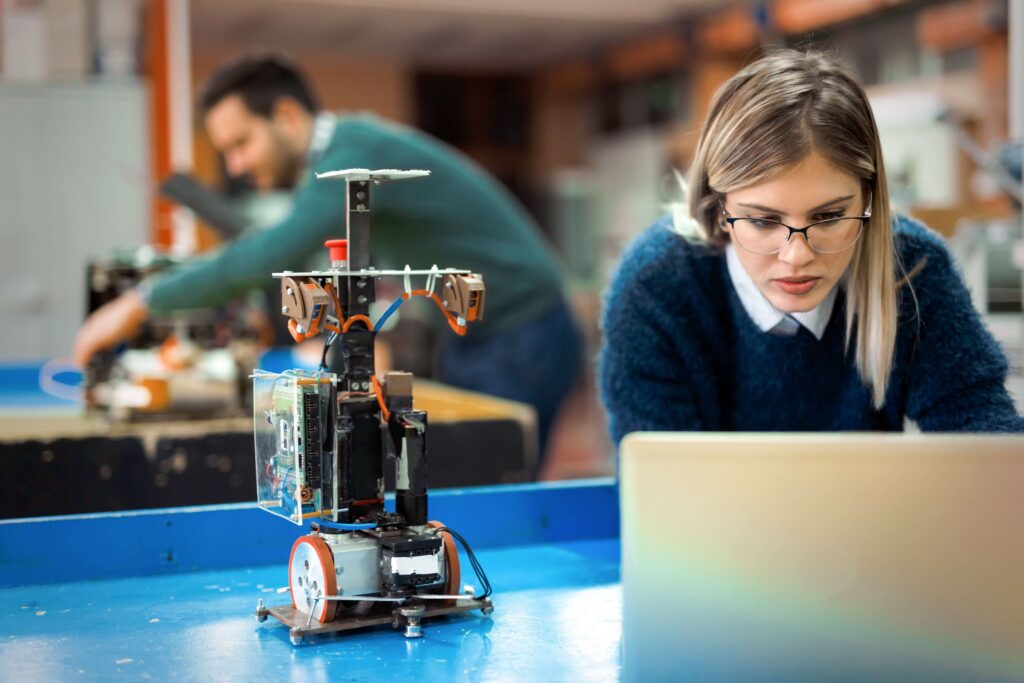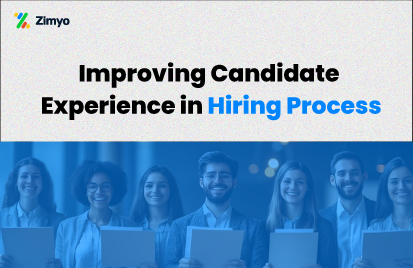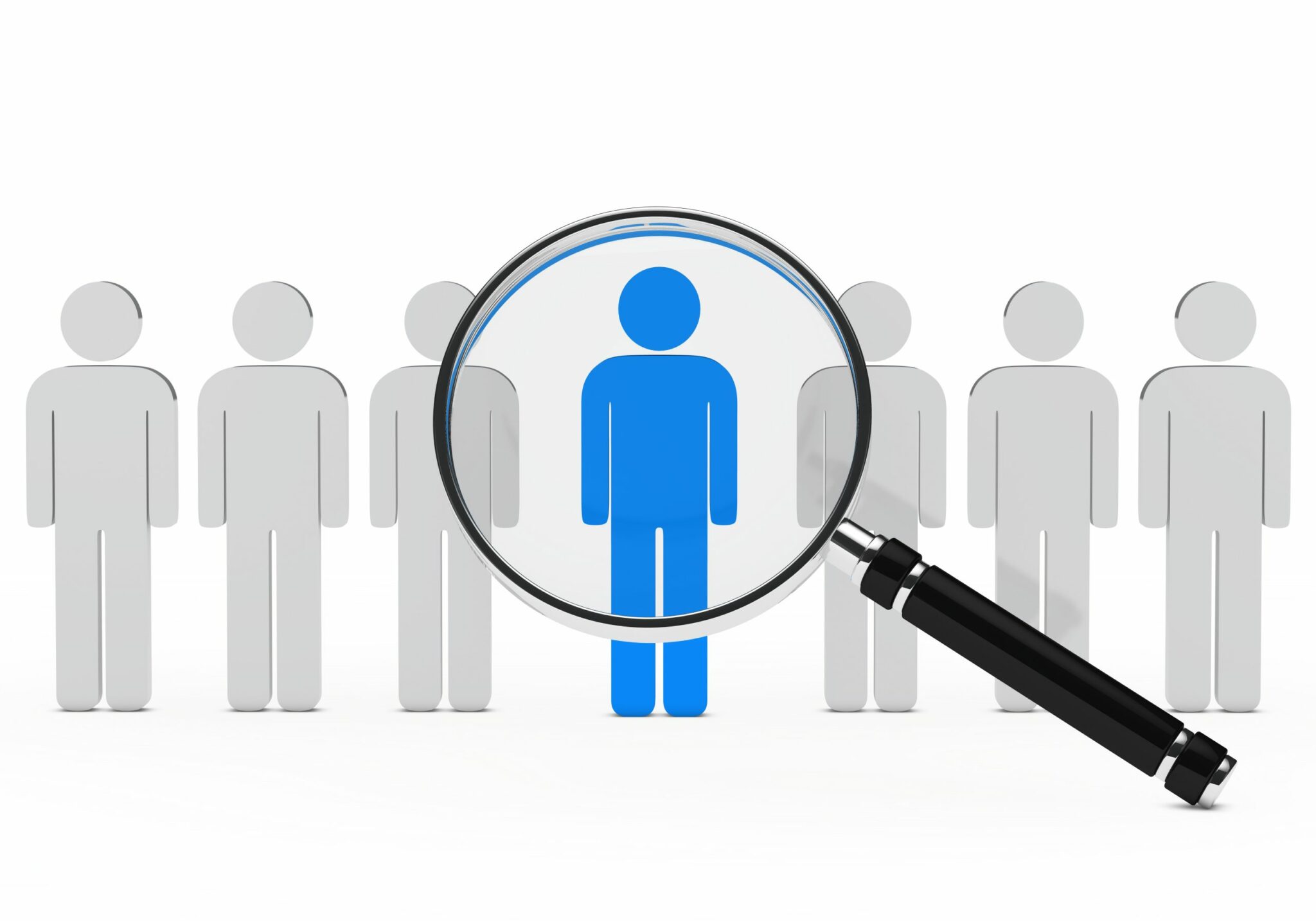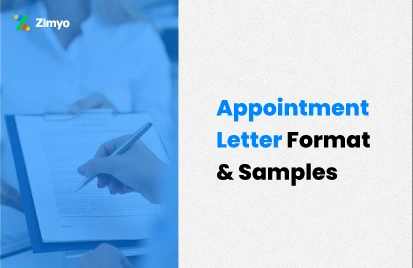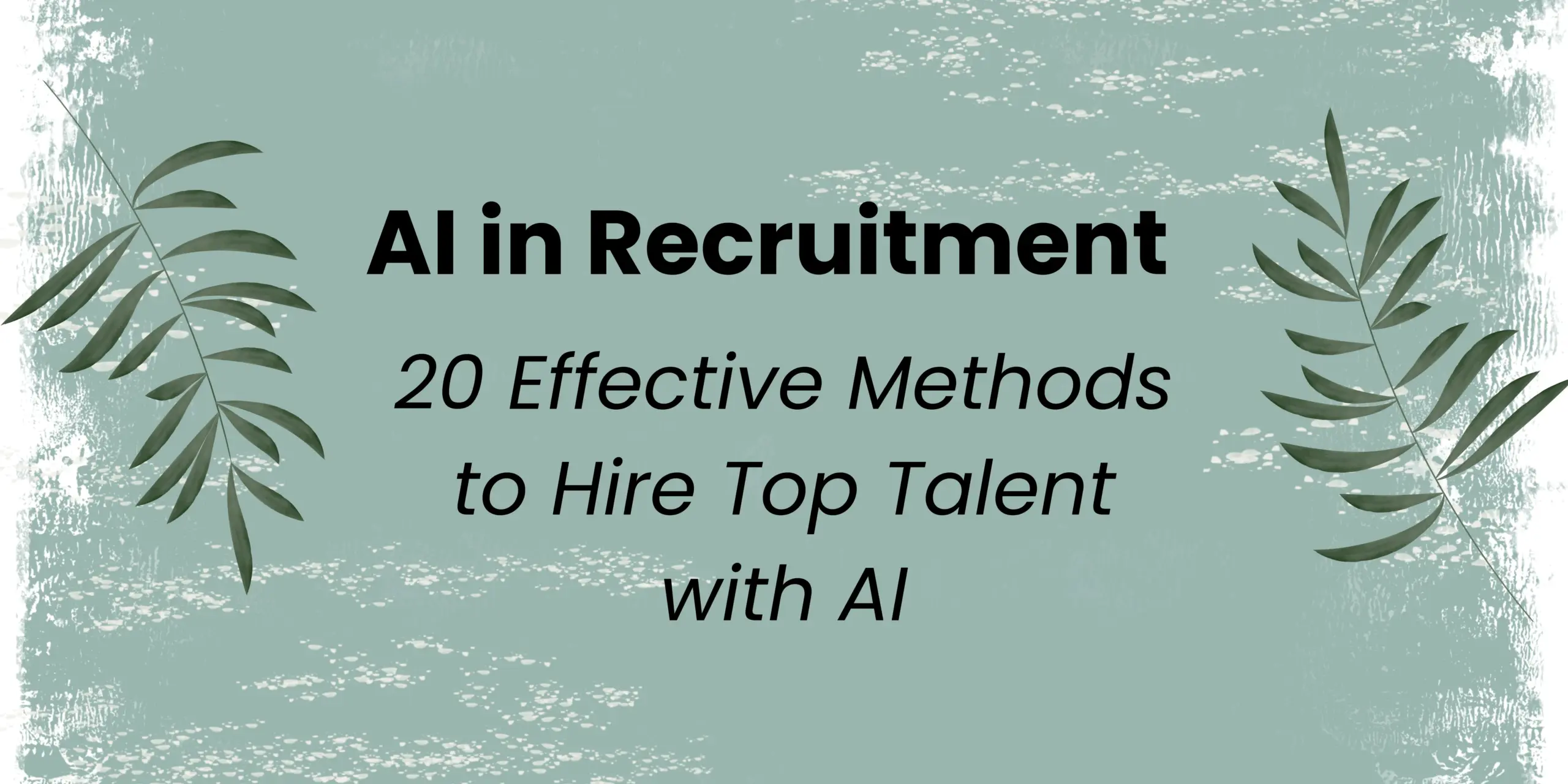Today, the workplace is undergoing a significant transformation as a result of digitalization and the emerging technology that artificial intelligence (AI) brings. However, when we discuss about the emergence of AI and its impact on HR, these are some important questions that are likely to arise: ?
“What is the current status of AI in HR? What does the future have in store for AI in recruitment? Will artificial intelligence replace human resources?”
In the last few years, artificial intelligence (AI) has gained a lot of momentum in the HR field. ? Asking a question like how AI will replace HR is a good place to start. Will AI be a great facilitator or will it be able to replace current HR roles? Answering such questions is difficult, however, we do know that AI will play a huge role in both our personal and professional lives. ✅
AI programs are great at identifying patterns, planning, and adjusting in ways that are similar to how human minds work. They are swift, resolute, and productive, unlike people, who can become tired, bored, or introduce unconscious biases into their choices.
In this digital age, humans have made significant progress. Artificial intelligence has led to a drastic change to many business processes in the corporate world.?
AI Is Reshaping Recruitment!
We know that machine learning is used in AI to simulate human intelligence. This intelligence is used to find new employees. It examines job candidates in order to identify the ideal candidate for the job.
AI-based characteristics used in the interviewing process include natural language processing, chatbots, sentiment analysis, facial expression recognition and visual perception, speech recognition, tone analysis, and decision-making.
HR Tasks That Have Immense AI Potential
Even apart from helping with recruitment & onboarding, AI has the potential of making many other HR tasks a breeze. Some of them are listed below:
➡️ No More Paperwork Hassles In Resume Screening
For every job position, HR teams at large corporations receive hundreds of applications. So, if you want to find the best-fit talent, you need to go through every resume.
This, predictably, takes a lot of time, but it also can’t be automated with basic business procedures. They would be unable to capture the nuances of what qualifies a candidate as the best fit.☹️
This is where artificial intelligence in recruitment is a huge benefit. It analyzes your recruiting history, assesses the workplace culture, and ranks candidates in order of suitability. But keep in mind that it’s the task of a recruiter to make sure AI is doing its job and not encouraging subconscious biases.✅
➡️ Remote AI Proctoring
A recruiter can make sure that applicants do not use unethical methods during the examination using AI-based remote proctoring and invigilation techniques. AI proctoring validates the authenticity of the evaluation test taken by the prospect candidates.
AI-enabled Proctoring can help with:?
- Detecting Identity Theft
- Examining Validity of an assessment task
- Find Out About Content Theft
For remote proctoring, recruiters can leverage AI technologies such as pattern recognition, speech recognition, facial identification, eye movement detection, and mouth detection.
➡️ “Bigger and Better” Employee Engagement Surveys
Employee engagement surveys are another HR task that involves both manual and mental work. However, you may use an AI chatbot to ask questions to your employees, record their responses, and analyze the data. This would not only save HR dozens of hours each year but also increase workforce participation rates.?
Employee engagement survey activities like distribution across numerous channels and follow-ups with staff could be automated using AI. You can also devote more time to evaluating the data and developing a customized employee experience strategy for your staff.
➡️ Passive Candidates At Your Fingertips
Recruiters frequently turn to passive candidates to fill openings in a competitive work environment. To spot potential candidates, a thorough examination of social networking sites and professional job portals is required.
AI can scan a variety of sourcing channels to provide a candidate shortlist for you to review. You can use AI in conjunction with existing HR data from your company to “learn” from prior successes and failures.
AI can go one step ahead and determine which applicant favors which networking platform. For example, Gen Z may prefer Instagram whereas millennials may prefer Facebook.
➡️ Zero-Effort Pre-Hire Evaluation
Before conducting interviews with the business team, the HR team must complete pre-hire evaluations on each applicant. For mid-to senior-level hires, this phase in the recruitment management process is especially important. However, scheduling an interview takes time, and HR frequently needs to work around hectic candidate calendars.
AI-driven video analysis allows candidates to shoot a video at their leisure and share it with recruiters. Video data is analyzed by AI to determine work style, collaboration ability, and overall cognitive competence.
➡️ Zero Hassles In Workforce Scheduling
Workforce scheduling is always a difficult task. When you have a large field workforce, contingent staff, or a remotely working crew, this gets even more challenging.☹️
To keep things going, traditional workforce scheduling depends on spreadsheets, to-do lists, and personnel availability forms. However, when workloads surge or employee availability changes unexpectedly, this often results in a trial-and-error approach
By maximizing your workforce’s potential, AI completely changes this. It can generate schedules that are tailored to the needs of employees while also adhering to labor laws. HR also doesn’t have to manually adjust schedules because the AI engine can do so and give alerts anytime new data is received.✅
While artificial intelligence may suggest better decisions, it is necessary to train and supervise AI systems to function effectively. They have the ability to hurt a candidate’s chances, an employee’s credibility, or result in faulty performance management. Thus, we must keep an eye on the situation.?
Challenges Around Using AI In HR
Most businesses do not efficiently handle HR data, which is often scattered across multiple locations. Companies, for example, generally have five to seven separate record systems, thus applying an algorithm to anyone’s data set can produce false results. Getting all of the people-related information into one place to be examined is a huge barrier for businesses.
The second issue is policy. It is a struggle to explain to employees how their information will be used and to have policies in place to ensure that it is not exploited. When they join, the majority of employees accept that their firm will have access to their files. Companies assure them that their information would be utilized for good. The importance of adhering to those guidelines cannot be overstated.❌
The third point is that there is no such thing as black and white in HR. There is rarely unanimous agreement on who is the best applicant for a position or who should be promoted. Almost all HR decisions involve some level of judgment. Most of these algorithms may be useful in removing human judgment or prejudice, but it does not imply that they are completely accurate.
Why Human Resources Still Needs People Despite AI’s Powers
AI excels at data processing and pattern recognition tasks, completing them quickly and efficiently than humans, making it a powerful tool for streamlining many elements of human resources.
However, the “human” side of human resources should not be overlooked.❌ HR managers understand their staff and their business in a way that AI software does not- from final recruiting choices to inventive ways to keep their employees motivated. AI is simply a tool that allows HR professionals to spend more time getting to know their people, shaping business culture, and resolving challenges.✅
Furthermore, not every employee is comfortable with new technologies. HR professionals can help employees adjust to AI by demonstrating how artificial intelligence in human resources and recruiting can help practically everyone become more productive and effective.
AI is frequently depicted in science fiction as a futuristic technology led by robots and autonomous devices. However, the reality is that AI can be effortlessly integrated into our everyday life. While it eliminates some jobs, it allows us to redirect our energies in new directions. The same may apply to human resources as well.
One thing we must accept is that AI is here to stay. However, AI will reduce the workload of HR rather than taking over HR roles.?

